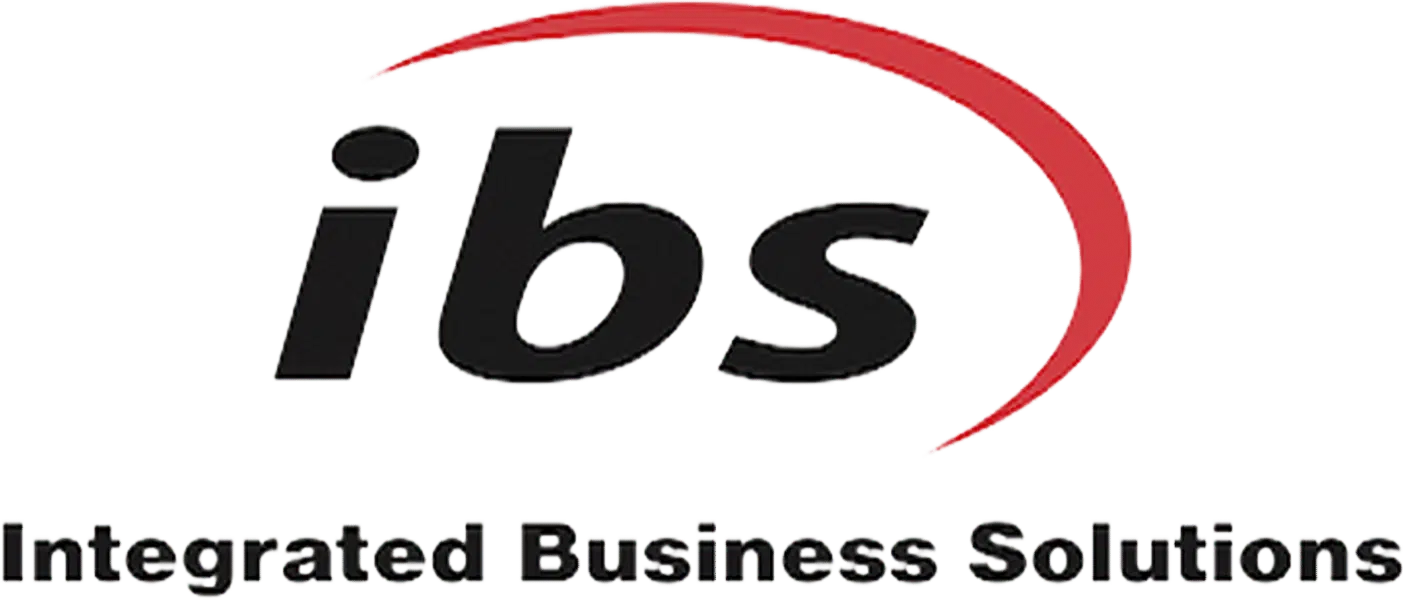Housing market still ‘fundamentally underbuilt,’ Fortune Brands CEO says
- Read original article here

Fortune Brands Home & Security CEO Nicholas Fink joins Yahoo Finance Live to discuss the fundamentals of the housing market, demographic trends, and demand for home buying and renovation.
JULIE HYMAN: Rising interest rates are causing new headwinds in the housing market. Our next guest, though, says any slowdown should be relatively short-lived. Fortune Brands Home & Security CEO Nicholas Fink is joining us now. And Fortune Brands Home & Security home to a lot of different brands that people use in their houses, Moen faucets, for example. Master Lock is another one of your brands. So--
JULIE HYMAN: --talk to us about what you're seeing in this current cycle.
NICHOLAS FINK: Well, in the cycle right now, you're at a point where we have seen a lot of home price appreciation. You are seeing obviously mortgage rates go up significantly. And that does put pressure on the consumer and the affordability of housing. And so what you'd expect to see, and we've seen in prior points in the cycle, is you do see a slowdown in new construction. You may see a slowdown in home sales turnover.
But ultimately, the market remains fundamentally underbuilt. There are huge demographic tailwinds and need for housing, particularly in our core US market. And there's this little thing called supply and demand, which will always come back into effect over time. And so the fundamentals of housing are very strong, are very intact.
There is a period of softness that we expect to see as consumers, buyers and sellers, adjust to this affordability pricing in the market, interest rates. And we've usually seen that take anywhere between one to three quarters, and then the market digests it and people get back to-- get back to some home turnover. Ultimately, as I've said, housing is not a discretionary purchase. The timing of housing may be discretionary. But ultimately, it's not a discretionary purchase, and people come back to the marketplace.
BRIAN SOZZI: Nicholas, we were talking earlier on about a company called-- I'm sure you know-- Generac. And they warned this morning about higher inventory levels in the channel. Now, you're a major player at Home Depot and Lowe's. I mean, what are you seeing from these home improvement chains in terms of inventory given things have slowed down?
NICHOLAS FINK: Right. Well, they do-- I mean, they do an excellent job managing inventory, managing working capital. And we work very closely with them. Now, one of the hallmarks of our business is, in addition to really managing our brands and innovation really, really well, we do manage our channel and our service to the channel really, really well.
So if you look back at how we've performed through the whole COVID period, you would have seen that we were able to serve at superior levels. We were able to gain market share as a consequence. And so we've been back in the market, I would say, serving customers really well.
And as a consequence, we've seen inventories rightsize over the period. And we talked about that previously. And so I-- certainly, dollar inventory is higher as pricing and inflation has impacted the cost of inventory. But I think in a lot of our major customers that is kind of equalizing over time as service levels come back into line.
BRAD SMITH: I mean, at the end of the day, it's still going to come down to where we're seeing more of the DIY projects that perhaps move forward from this point if people are getting into some of the used or-- not used but existing homes out there on the market. And so as you're kind of tracking both the health of real estate more broadly, as well as how that correlates to your business, what are your expectations going into next year where there's already been a slowdown in housing?
NICHOLAS FINK: Right. Well, you come back to that fundamental, right? The consumer, over time, is going to need housing. The US market's hugely underbuilt. And so over time, we're going to have to add more homes into the marketplace.
So that's-- I think we'll see a slowdown in new construction. You saw some of that in today's data, although to put it in context, I mean, single-family new construction is now at 2019 levels, and multifamily is still well above. That's on today's data, right, and so kind of returning to the pre-COVID levels.
But you have a lot of consumers that are in homes with the majority of mortgages are below 4%. Those homes need renovation. And even today, we're seeing consumer interest, for example, we look at Google Search data, 25%, 35% above pre-COVID levels. And so people are really interested in the home. They're really interested in that space. And so we expect that to carry through.
Now, you may again see a period of softness around some uncertainty, I think, as we get into 2023. That's a fair expectation. We pride ourselves in being able to manage those and actually turn them into opportunity to gain more share and really delight the consumers and meet the consumers where they are with our brands. But over the medium term to long term, we expect both from the R&R perspective, as well as new construction consumers to come right back in and be supporting the tremendous equity that they have in their homes today.
JULIE HYMAN: And, Nicholas, when it comes to your business, how much is split between going directly into the retail channels to how much ends up in professional hands and kind of how does that ebb and flow with the housing market?
NICHOLAS FINK: Yeah, I mean, we're still very heavily geared towards, I'd say, the wholesale channel. So if you think about it, it's probably 2/3, one third, similarly for renovation and repair, where 2/3 new construction more, one third or less for some international markets as well. And so that is very much the gearing of the portfolio.
And there's a little bit of ebb and flow, I think, depending on times, where products sit, where inventories sit. You saw some of that during the pandemic. I mean, as the big retailers opened up, people really went in there looking for product. They have inventory. They're able to service the channel. But that's our broad exposure.
But we really focus on meeting the consumers where they are. And one of the big drivers, I think, in the home market over the next period is really going to be creating affordable homes for consumers in the US. And you'll hear the builders talk a lot about the work they're going to do to create affordable homes. We've geared our portfolio to be at the heart of the market.
And so whether it's a consumer that's moving up through the price points of some of our higher-end brands and offerings or whether it's really at that part of the market, we've had the portfolio very, very geared to meet them there at good margins. And so we'll continue to do that and continue to leverage the brands and the innovation to be at that point. And I think that's going to play very strongly through both the retail as well as the wholesale channels.
BRIAN SOZZI: Nicholas, I recently got a new faucet, and it's one of those touchless faucets. And once I installed it, I'm like, wow, why have I not been using this the past 10 years of my life? I'm glad I traded up to get it. And the thing just works, and it's good. You know, but what type--
BRIAN SOZZI: --of innovation, what's the next big product for a brand like a Moen?
NICHOLAS FINK: Well, I'll tell you, I mean, as you may know, we're taking the company through a separation of some of our businesses now. One, our cabinets business that's really going to focus on being the best in that industry. But then the rest of the business, and you're touching on our water management business, is really going to be focused on supercharged categories, so things that are connected, water management, outdoor living, things that really, really drive consumer value.
And that experience you have, I'm smiling because I hear that all the time. People are like, I got this in, and how did I ever live without it? I mean, we're actually taking that product line, as an example, to a completely connected ecosystem inside of the house.
I mean, it's the touchless faucet that's going to be connected to-- already is an AI system that understands water flow in your house, can tell you if you've got a leak, can shut your main down if you're going to have a catastrophic leak, will save just an absolute fortune for homeowners and insurers, can protect you from freezes, can protect you from health threats by managing your water supply.
And so that experience you're having is really one of the most exciting moments in our industry is really this convergence from historical kind of mechanical water management into these connected products that we have in the marketplace.
BRIAN SOZZI: Nicholas, I wish you would have told me that before. I would have not gotten this touchless-- I want to know when there's leaks. I mean, that makes sense to me. That's a good product. That's a good product.
NICHOLAS FINK: We can help you out with that--
BRAD SMITH: Nick, you got anything that's going to help Amazon packages from getting stolen?
NICHOLAS FINK: We got-- we do have some great security products in our Master brand-- Master Lock portfolio. And, again, becoming more and more kind of connected and remote is kind of a big driver of that portfolio. So stay tuned.
BRAD SMITH: All right. We'll accept that for now. Nick Fink, who is the Fortune Brand's Home & Security CEO, we appreciate the time here with you today.
Images Powered by 

